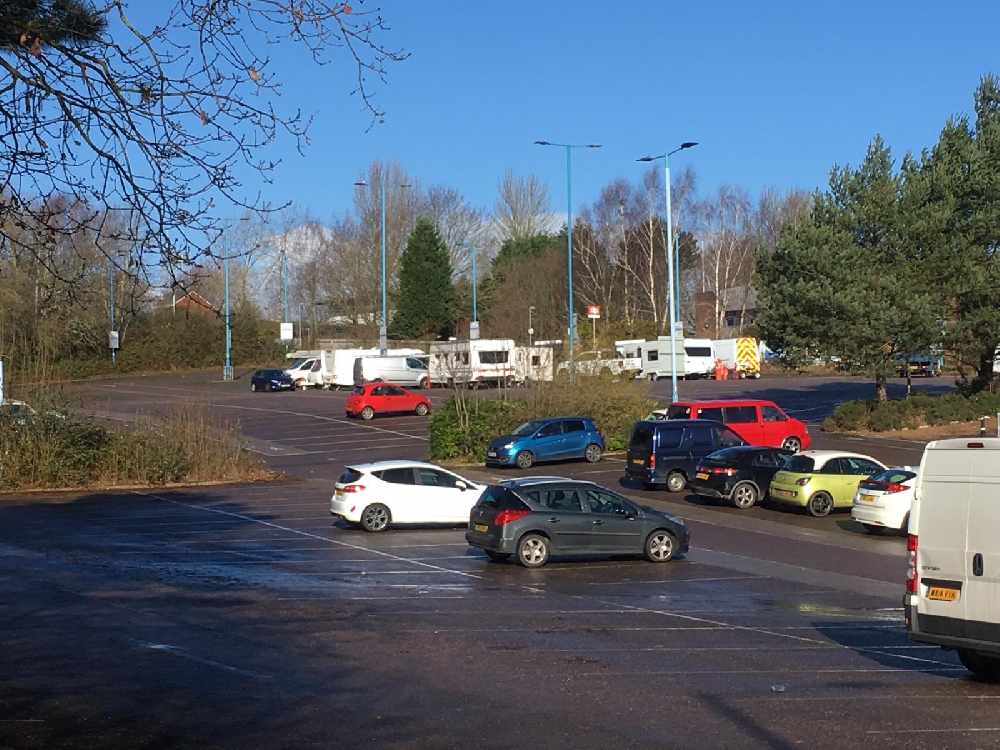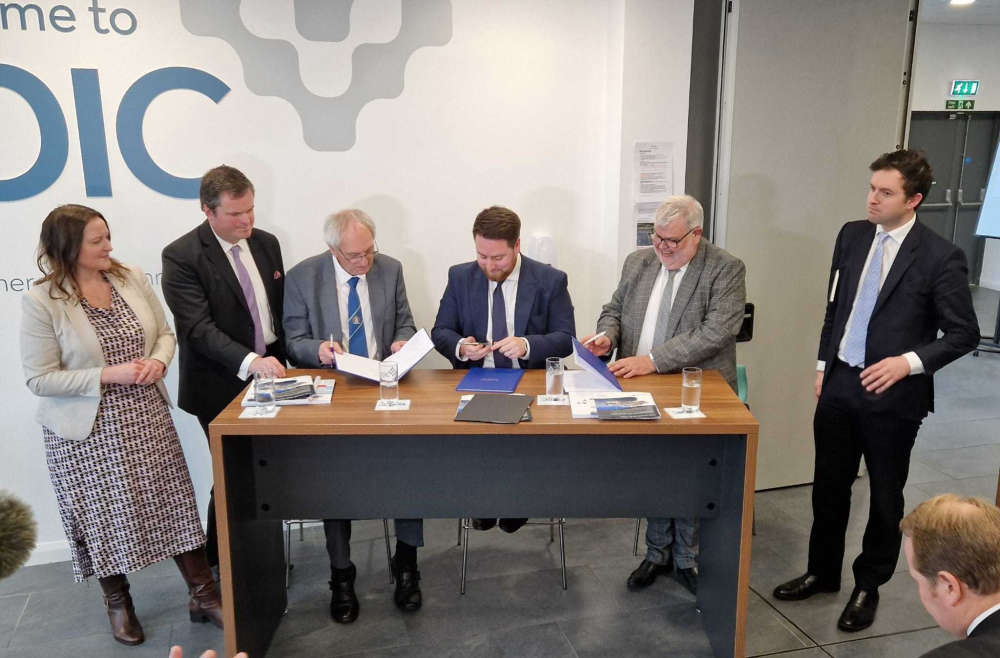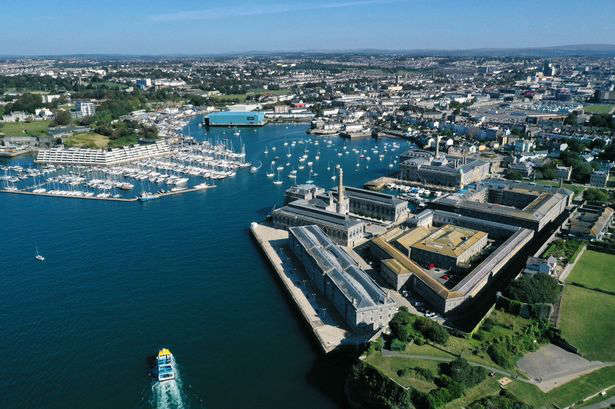
Councils are exploring the creation of a ‘network’ of pieces of land across the county
A network of authorised transit sites for gypsies and travellers to stay at across Devon could be created.
Councils across the county have agreed to seek a more coordinated way to deal with influx of travellers who often turn up at ‘high profile and unsuitable’ locations.
Devon County Council, working with district councils, are exploring the creation of a ‘network’ of pieces of land across Devon, with one or two in each district area, in which Gypsies and Travellers can be directed to if they turn up in those unsuitable locations.
A willingness to explore negotiated stopping has been agreed already. It would means that local authorities would no longer resorts immediately to legal means to shift unauthorised encampments in high profile locations.
Instead they would direct travelling families to stay, for limited periods of time, on land already identified and agreed where it isn’t causing great inconvenience to anyone.
A report of Graham Davey, Housing Enabling and Development Manager, for Teignbridge District Council goes before their overview and scrutiny committee next week, asking them to note the current work taking place with Devon County Council and the Police.
Mr Davey’s report says: “Housing Officers have held discussions with Devon County Council to highlight that the current practice of travellers who pass through the county stopping on unauthorised parcels of land due to the lack of authorised stopping places needs to be addressed.
“Devon County Council have accepted this to be the case and are coordinating on an authority by authority basis an assessment of potential county council land which could potentially provide a network of coordinated stopping places across the county. This work is well advanced in South and East Devon and is just starting in Teignbridge.
“The argument for this provision is well rehearsed as a network of authorised stopping places negates the need for unauthorised use of land thus reducing potential animosity with the travelling community and officer time and expense in taking eviction proceedings.”
Mr Davey said that Teignbridge last year had to deal with six cases of unauthorised encampments on their land, each of which cost more than £2,000 in legal and clean-up costs, in addition to officer time and loss of car parking income.
His report also quotes from a document circulated by Devon County Council to all councils in Devon.
It says: “Unauthorised encampments can often turn up at locations which are deemed high profile. These are locations which are unsuitable, they can include locations such as park-and-rides and school fields.
“Gypsies and Travellers do not understand district/county boundaries and responsibilities and this creates a gap in their experience and it highlights a need for a more coordinated, consistent approach across authorities in Devon and neighbouring authorities.
“We know that with no formal transit sites, collectively, we must find other ways of working to lighten the load in those travelling months for mobile Gypsies and Travellers in high profile locations across the county, both on county and district land.
“District colleagues have been approached to seek a more coordinated way to deal with this gap, and the willingness to explore negotiated stopping has been agreed.”
The report says that the families make an agreement with the relevant authority about acceptable behaviour, use of waste disposal, when the camp will leave, and the lead authority then monitors the encampment until the site is clear.
It adds: “We want to create a ‘network’ of pieces of land across Devon in which Gypsies and Travellers can be directed to if they turn up in those unsuitable locations.
“It also means that there can be more coordination when finding out where Gypsies and Travellers are moving next in Devon and start to link together so that services such as rubbish collections and toilets can be installed with little time delay which can further reduce potential clean-up costs at the end. The idea is to make this a low-cost alternative to big clear up costs at unsuitable locations and the bad press that often is reported.”
The report admits that there will be a minority of gypsies and travellers within the community that do not want to liaise and negotiate. It adds that councils would still offer the negotiated stopping sites, but if the offer was not taken up, it would aid the court process when seeking a possession order to remove them from the high profile, unsuitable location.
Mr Davey’s report to the overview and scrutiny committee also outlines the current situation with gypsy and traveller pitches in the district.
There are currently 45 permanent pitches – 18 at Haldon, 11 in Chudleigh, eight in Bickington, four in Teigngrace, one in Ideford, one in Woodland and two at Tedburn St Mary.
A further nine at Teigngrace have planning permission but have not yet been built, while planning applications for 15 at Horsemills in Kingsteignton and nine at Bovey Straights, Bovey Tracey, have been submitted but not yet determined.
The overview and scrutiny committee, when they meet on Tuesday, May 28, are recommended to note the progress made in respect of the delivery of permanent gypsy and traveller pitches in Teignbridge and to note the work taking place with Devon County Council and the Police in addressing unauthorised use of land by gypsies and travellers in a coordinated way across the County of Devon
 Young voices barely registered in devolution consultation
Young voices barely registered in devolution consultation
 Energetic Pretty Woman is a must-see
Energetic Pretty Woman is a must-see
 Devoncast - Police and Crime Commissioner election special
Devoncast - Police and Crime Commissioner election special
 New pledge on South Hams Freeport funding
New pledge on South Hams Freeport funding
 Axminster children connect with space station
Axminster children connect with space station
 East Devon should get new CEO
East Devon should get new CEO
